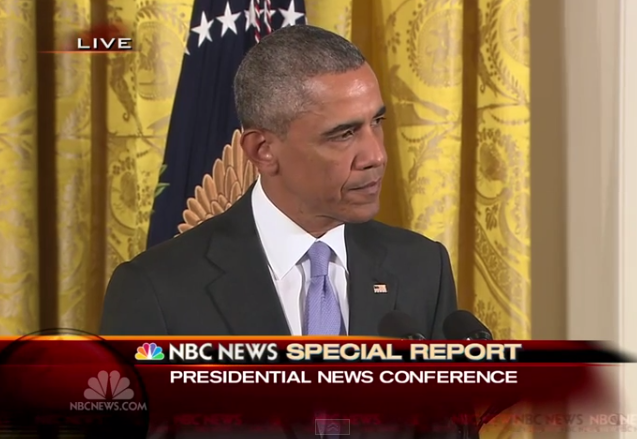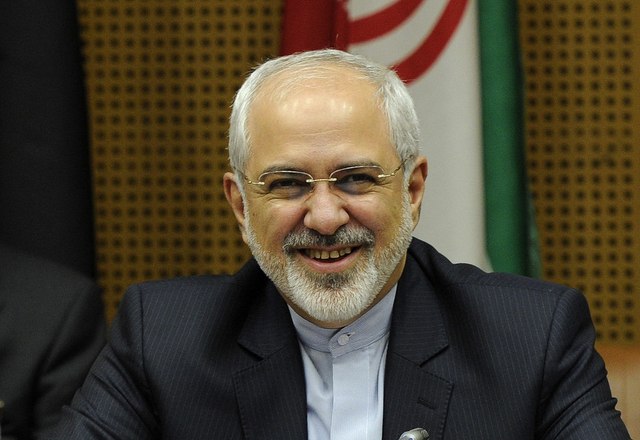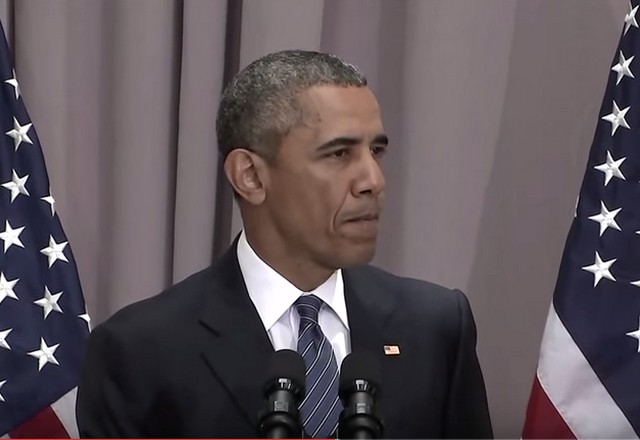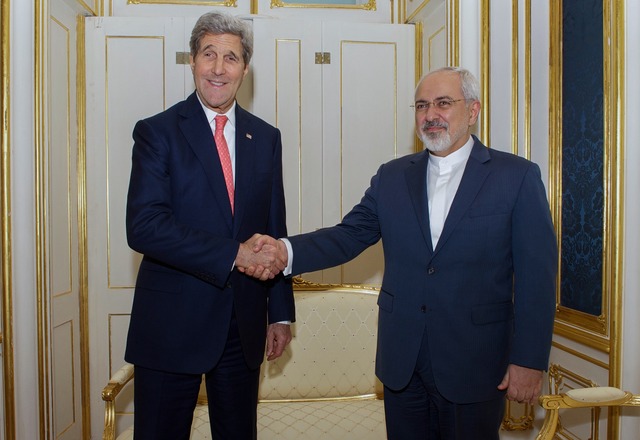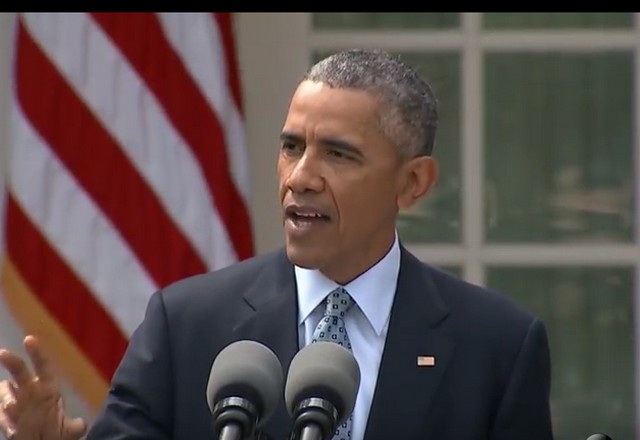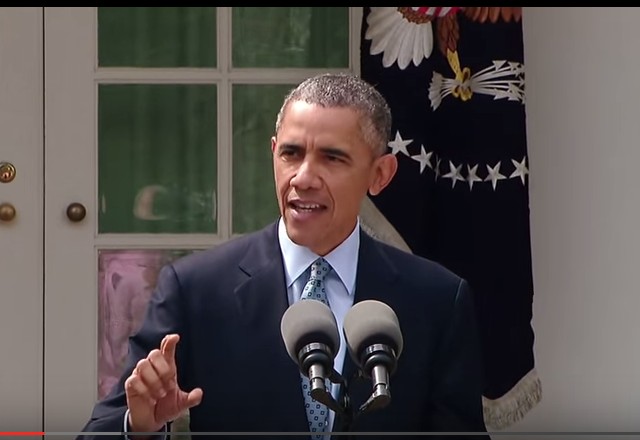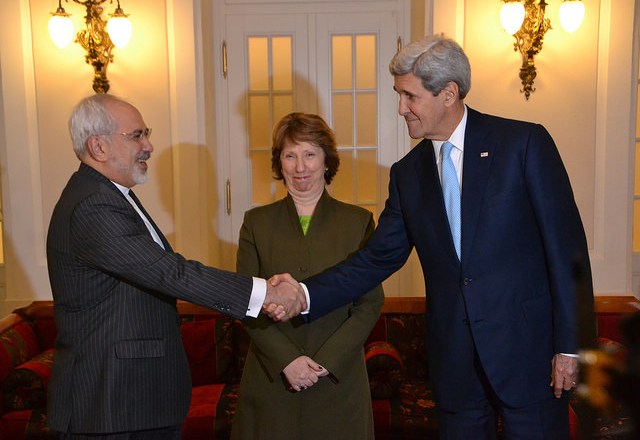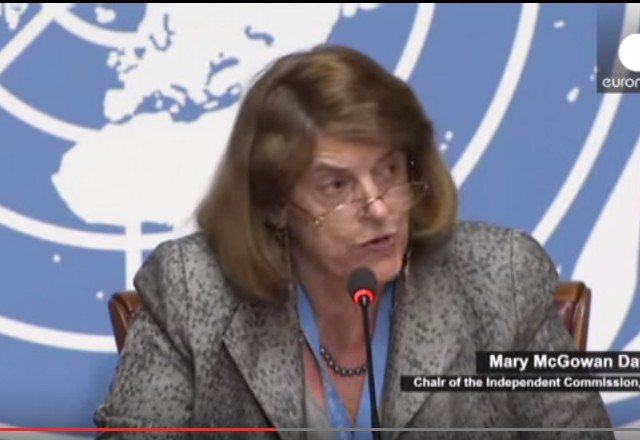Why Did Obama Adopt Iran’s Nuclear Narratives?
on August 28, 2015
21 Comments
One of the frustrating aspects of the nuclear deal with Iran is the degree to which the Obama administration, especially the President has adopted the premises of the Iranian regime.
It isn't just off-putting to hear Obama using the language of a regime that hates the United States, but it raises the question of how successful the administration could be at negotiating the nuclear agreement if it accepted the other side's arguments as valid.
Two examples come to mind.
First, in his American University speech three weeks ago, Obama said:
Those making this argument are either ignorant of Iranian society, or they’re just not being straight with the American people. Sanctions alone are not going to force Iran to completely dismantle all vestiges of its nuclear infrastructure -- even those aspects that are consistent with peaceful programs. That oftentimes is what the critics are calling “a better deal.” Neither the Iranian government, or the Iranian opposition, or the Iranian people would agree to what they would view as a total surrender of their sovereignty.So here is Obama saying we didn't ask for a better deal, meaning an end to enrichment because Iran would never consent to it. This was certainly Iran's stated position but why is this even relevant?

